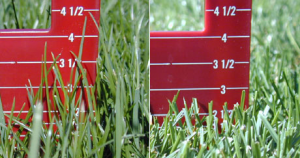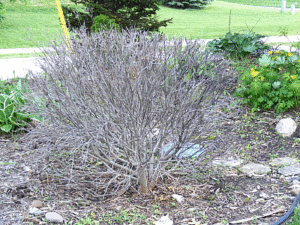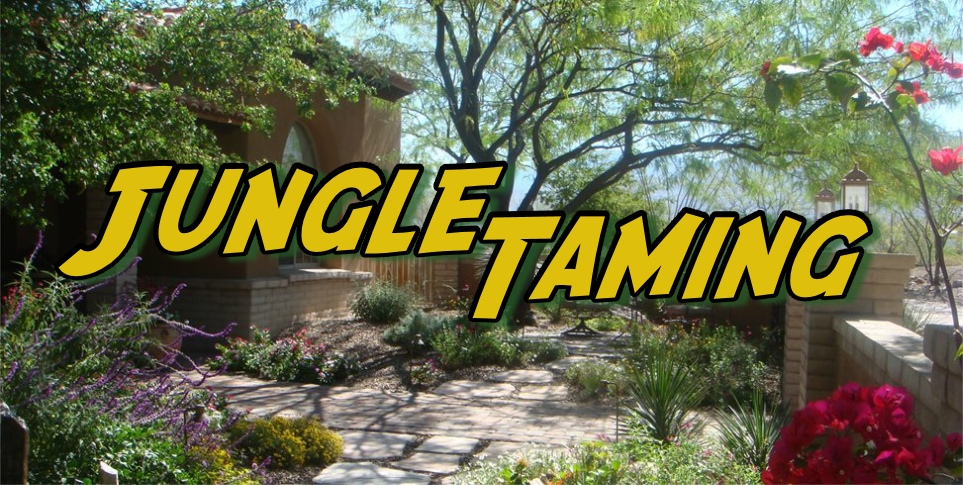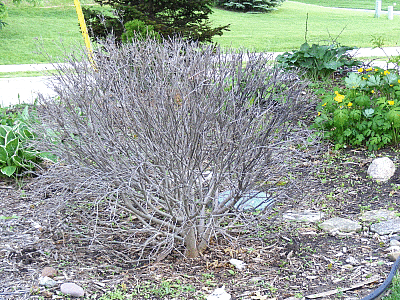 Annuals
Annuals
Well, if July wasn’t hot enough for you, then August ought to do it! At this point, you can coast a little through the heat if you have been diligent with your plant care. Keep an eye on your annuals to make sure that the irrigation is working. Even two days without water can mean death to plants that are accustomed to regular watering. Replacing plants now is nearly impossible as most nurseries are not re-stocking summer plants. Deadheading will keep your annuals blooming. Take pictures of your best looking sites and note which plants performed best under our brutal heat conditions to re-use in the future. Do not apply any chemicals in this heat if possible.
 Turf
Turf
August is not the time to try to establish a new turf area. Watch for damage from mole crickets, beetles, and chinch bugs. Be sure to vary mowing patterns and keep grass cut a little higher now because of the heat.
Perennials
Heat and drought-tolerant workhorses of the perennial world are really showing off now. Make note of which perennials performed best. Consider dividing some of these in the fall or spring to use in new areas. Many perennials will get a second bloom if they are deadheaded now, such as Coreopsis, Coneflowers, and Black-eyed Susans. Some daylilies are prone to a disease called rust. This looks like bright orange spots on the leaves. Remove and bag any debris that has this disease to keep it from spreading. There is no cure for it, but good preventative steps will go a long way toward stopping the spread. Do not remove healthy daylily stalks until they are completely dried and come away freely when pulled. Don’t be too quick to reach for a chemical to remove caterpillars from your perennials. These are often the caterpillars of butterflies. Birds have babies in their nests right now and are working hard to feed them. Allow them to do some of the work of removing insects.
Roses
Everblooming roses could benefit from a light feeding of a water soluble fertilizer this month.
 Shrubs
Shrubs
Little or nothing should be done to shrubs now. It’s a good time to note which shrubs may need to be replaced in the fall when planting times comes around again.





